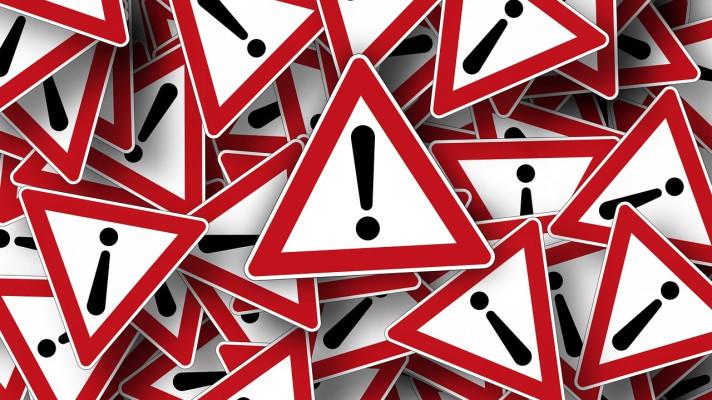Some Baltic Sea Fish Too Toxic to Eat, WWF Says
| OSLO - Some fish from the Baltic Sea may be too toxic to eat because of industrial poisons that are also harming wildlife from seals to eagles, the WWF conservation organisation said on Tuesday. |
"Fish from some areas of the Baltic Sea are so contaminated that they may be too toxic for European Union markets," it said in a report about the state of the shallow, brackish sea in north-east Europe. It estimated that about 31 kg (68 lb) of poisonous PCBs, or polychlorinated biphenyls, accumulated ever year in fish caught in the Baltic Sea from 1980 until the early 1990s "and almost certainly ended up on people's plates". Use of a so-called "dirty dozen" industrial toxins including PCBs, dioxins and pesticides like DDT were outlawed by a UN pact in 2001. They can get lodged in fatty tissues of animals and take years to break down. Sweden in 1995 recommended that women of childbearing age should limit consumption of Baltic herring and salmon because of a range of pollutants, including PCBs and dioxins, which have been blamed for birth defects or cancers. "This is not just a burden of the past but a major ongoing problem," said Ninja Reineke of the WWF's anti-toxics campaign. The report said that fish including Atlantic salmon, sea trout, cod and turbot had shown signs of reproductive problems in recent decades, possibly linked to the contaminants. And traces of brominated flame retardants -- used to make furniture or computers safer -- in predators like seals or white-tailed eagles were two to five times higher in the Baltic than in the North Sea or Arctic Ocean, it said. The Baltic is sensitive to pollution because it is almost an inland sea with only a narrow opening between Sweden and Denmark towards the Atlantic Ocean. Some rivers flowing into the Baltic Sea are polluted. The report did not say which states around the Baltic Sea -- Denmark, Sweden, Finland, Russia, Estonia, Latvia, Lithuania, Poland or Germany -- were most to blame. |
REUTERS NEWS SERVICE |
